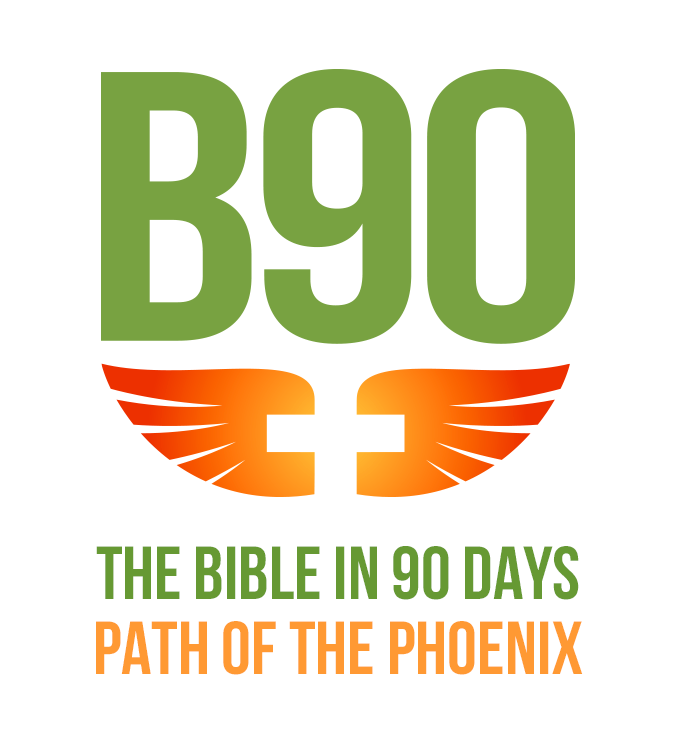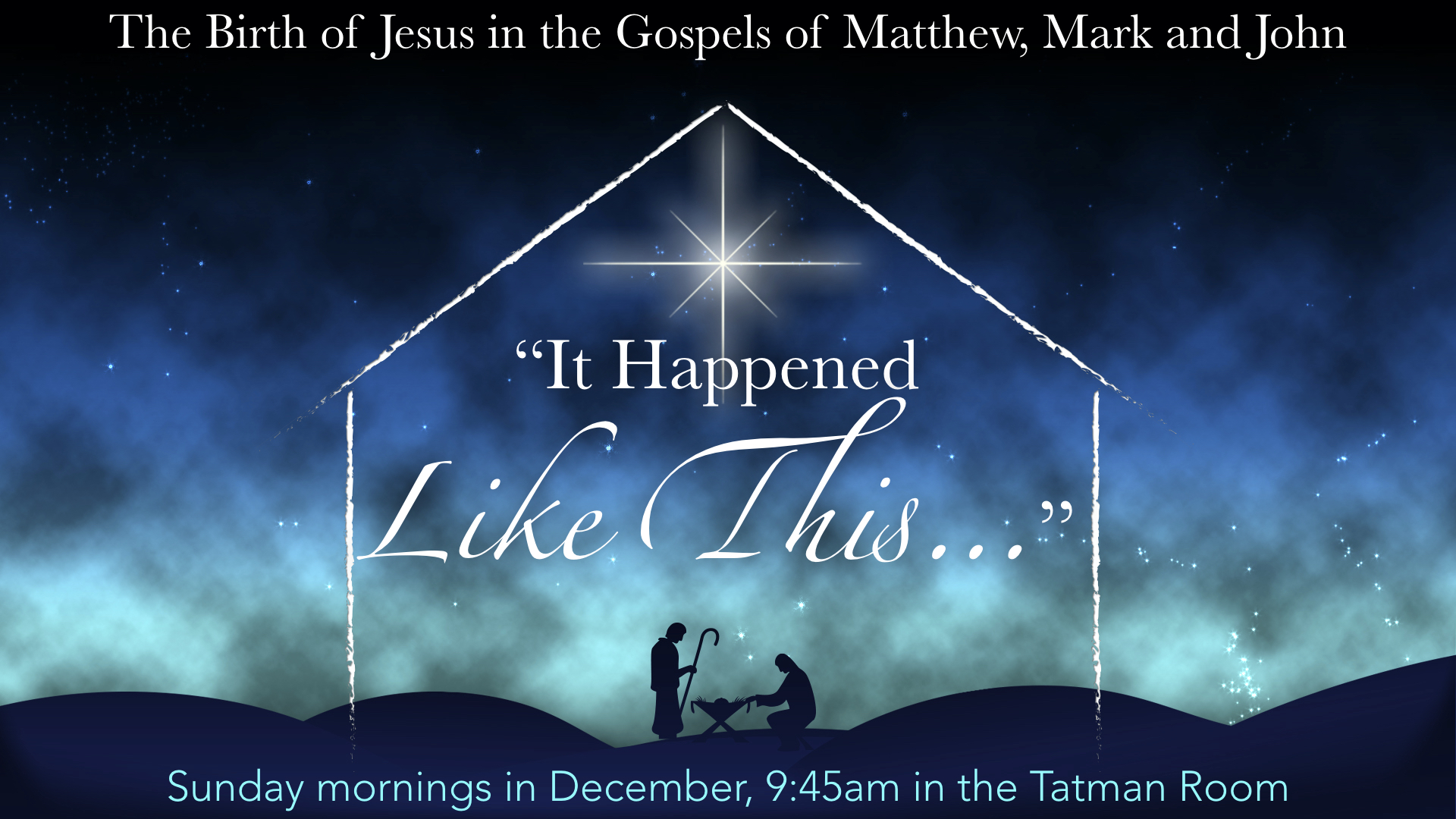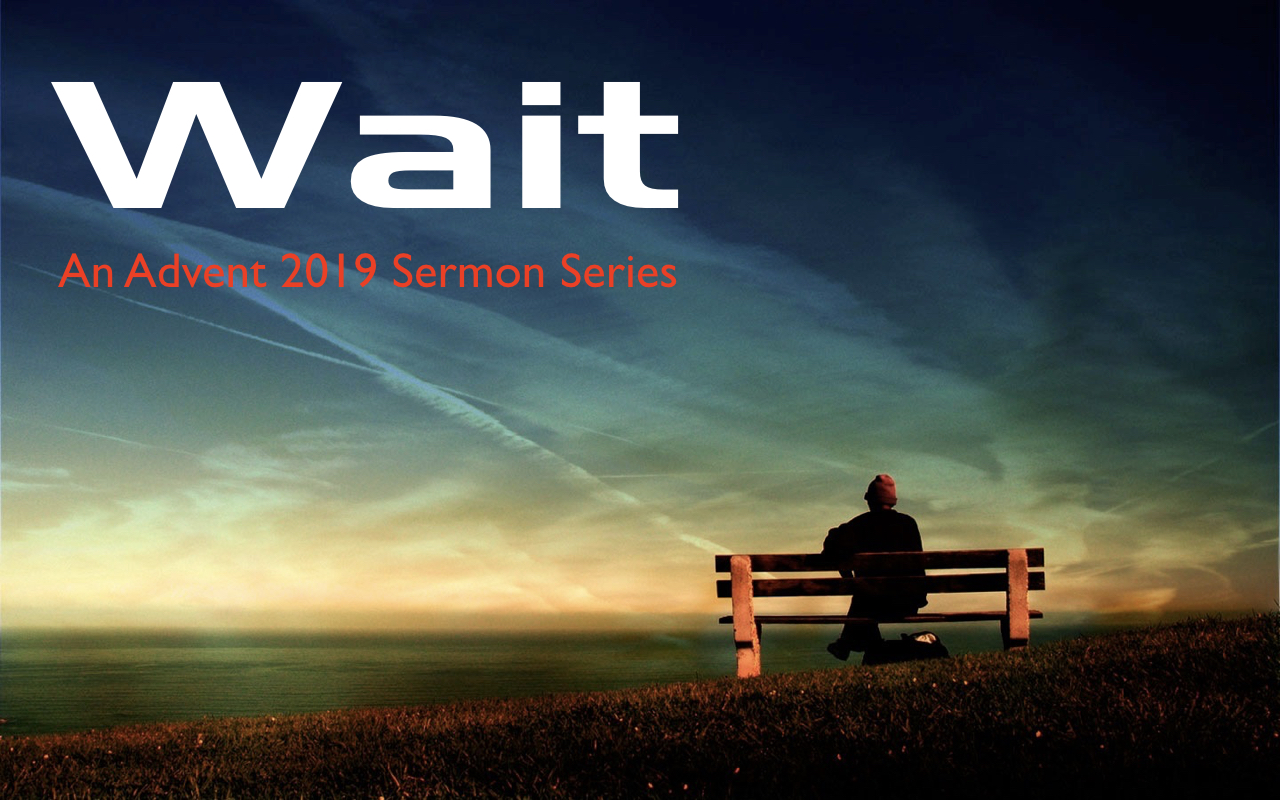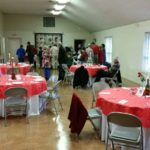
Dander, Discipline, and Decisions

Paul faced many of the same challenges we face today and he reminds us in Ephesians 6:12 “We are not fighting against flesh and blood enemies, but against evil spirits…” In the First Battle of Manassas some of Thomas Jackson’s troops broke ranks and charged. At first they made some gains against the enemy but soon where overtaken and overcome. When asked about it later Jackson’s reply was “It’s good to have your dander up, but it is discipline that wins the day.” The words dander and discipline are very effective in our spiritual warfare against the Devil.
Taking the Bait
Social media is rife with bait. The Devil dangles it and we bite down…hard. As Christians, we are called to evaluate what we post and how we respond to the comments of others. Several questions will help us do this? Do these remarks glorify God? Does this unite of divide? Are we exercising the right of free speech to voice an opinion, win an argument, impress others with clever banter or are we trying to advance the kingdom of God? Proverbs 4:22 tells us that God’s words to us bring life and healing.
Jesus never used the tactics of embarrassment, guilt or shame. To the tax collector, Matthew, Jesus extended the hand of fellowship, dinning with Matthew and his friends. (Matt 9:9-13) To the woman caught in adultery, Jesus extended mercy. “Go and sin no more.” (John 8:1-11) To the woman at the well, Jesus offered refreshment – “I will give you living water.”(John 4:7-28)
How Many Times?
How many times will we take the bait? How many times will we allow ourselves to be offended or to offend before we realize that once again we have allowed the Devil to influence our thought and emotions? How many times will we travel down the path of destroyed relationships before wising up to the Devil’s tactics? Thomas Jackson’s advice serves well here. It is good to get your dander up, to become feisty, have little spunk when determining in our hearts that we will no longer be pawns in the Devil’s game of divide and conquer.
Choose Your Hard
Sometimes life gives us choices. It is not easy to exercise. Neither is it easy managing health issues that might have been avoided or delayed by exercising. Choose your hard. It’s not easy implementing a regular time for Bible Study and prayer into our daily routines, but neither is it easy living with anxiety, disappointment, and uncertainty. Choose your hard. Thomas Jackson was right – discipline wins the day. Jesus said in his Sermon on the Mount, “If your right hand causes you to offend, cut it off.” Should he be living today, he might have said, “If social media causes you to offend or be offended, cut if off.” It is hard to refrain from social media. It is hard to repair relationships damaged via social media or live with feelings hurt by comments made on-line. Choose your hard.
Discipline requires action. Ephesians 4:31-32 say-, ”Get rid of all bitterness, rage, anger, harsh words and slander, as well as all types of evil behavior. Instead, be kind to each other, tenderhearted, forgiving one another, just as God through Christ forgave you. Colossians 3:12-15 has a similar message. ”Since God chose you to be holy people he loves, you must clothe yourselves with tenderhearted mercy, kindness, humility, gentleness and patience. Make allowances for each other’s faults and forgive anyone who offends you. Remember, the Lord forgave you, so you must forgive others. Above all, clothe yourselves with love, which binds us all together in perfect harmony. And let the peace that comes from Christ rule in your hearts. For as members of one body you are called to live in peace.” Proverbs 4:23-27 says, “Guard your hearts above all else, for it determines the course of your life. Avoid all perverse talk; stay away from corrupt speech. Look straight ahead and fix your eyes on what lies before you. Mark out a straight path for your feet; stay on the safe path. Don’t get sidetracked; keep your feet from following evil.” Keep, guard, avoid, look, clothe, fix- action verbs galore. Discipline requires action.
Stay full
Read more...
A Wonderful Valentine’s Dinner – 2/15/2020
Read more...

Pastor’s Corner – February 2020

Binge Reading…
…The Bible in 90 Days
What Bible Should You Read?
Sharing the Journey Together
Who Can Participate?
Find Out More on Sunday, February 23
Read more...

Reading the Bible as a Single Book – A February 2020 Table Talk Series

Read more...

January 2020 Pastor’s Corner – Is Anyone Listening?

Is Anyone Listening?
Tuning In
I was in the Spirit on the Lord’s day, and I heard behind me a loud voice like a trumpet saying, “Write what you see in a book and send it to the seven churches, to Ephesus and to Smyrna and to Pergamum and to Thyatira and to Sardis and to Philadelphia and to Laodicea.” (Rev. 1:10–11)
The Word That Speaks
For the word of God is living and active, sharper than any two-edged sword, piercing to the division of soul and of spirit, of joints and of marrow, and discerning the thoughts and intentions of the heart. (Heb. 4:12)
Rev. David Garrison

Read more...

“It Happened Like This…” – An Advent Sunday School Class

Read more...

Pastor’s Corner – December 2019

“Return, O LORD! How long? Have pity on your servants!” — Psalm 90:13
The Christian calendar begins, not with January 1st, but instead with the first Sunday in Advent. It’s an interesting decision that the early church fathers made in doing this. Interesting because the Christian year begins not with resolutions and activity, but with waiting. Advent is an intentional season of preparation and pause, a time to reflect and prepare for the celebration of the coming of the Lord’s Messiah, Jesus Christ. There is great wisdom in this decision, particularly for our current times. We live in a culture of hurry and rush and activity, the last thing we want or like to do is wait for anything.
By starting the year with a season of waiting, we are invited to settle into a different rhythm of life and living, a rhythm that is ultimately about trust. Trusting in the God who created Time, trusting in the One who has set His plans in motion and will see them through, trusting that there is One who knows and understands more than we do, trusting that He is good and that He is love.
So the Christian calendar begins with a reminder that there is a holiness and a righteousness in waiting. But there is a hard-ness and challenge in waiting as well. The Psalmists cry out, with great regularity, “How long, O Lord?” Even as they wait on the Lord, they express their frustration, their discontent. And in that we are shown that there is such a thing as a holy discontent.
But as much as we are waiting to celebrate the birth of our Savior, the season of Advent points to an even more significant event, an event most of us usually forget is yet to and actually is going to happen. The Hebrews waited over 500 years for the Messiah to come the first time. We’ve been waiting nearly 2,000 years for him to return. May our lives be lived with the faith that comes from knowing our Savior’s return is imminent, with the hope that comes from knowing that what is broken will soon be made right, and with the love for those who don’t yet know that their Messiah has already come once and will come again.
“He who testifies to these things says, “Surely I am coming soon.” Amen. Come, Lord Jesus!” — Revelation 22:20
Blessings,
Rev. David Garrison
Read more...

Pastor’s Corner – November 2019

So then, just as you received Christ Jesus as Lord, continue to live in him, rooted and built up in him, strengthened in the faith as you were taught, and overflowing with thankfulness. (Col. 2:6–7)
Rev. David Garrison
Read more...

Pastor’s Corner – October 2019

But if there is no resurrection of the dead, then not even Christ has been raised. And if Christ has not been raised, then our preaching is in vain and your faith is in vain… And if Christ has not been raised, your faith is futile and you are still in your sins. Then those also who have fallen asleep in Christ have perished. If in Christ we have hope in this life only, we are of all people most to be pitied. (1 Cor. 15:13–14, 17–19)
Rev. David Garrison
Read more...

Pastor’s Corner – September 2019

For the love of money is a root of all kinds of evils. It is through this craving that some have wandered away from the faith and pierced themselves with many pangs. (1 Tim. 6:10)
My parents raised me to believe that there are three things you don’t talk about in polite company: religion, politics and money. We can’t (and probably shouldn’t) avoid talking about that first one in church, and while this usually hasn’t kept me from talking about the other two, but every time I do, I hesitate…particularly when it comes to talking about money. Especially when it comes to preaching about money. Not only do I not like preaching about money, I’ve never met a church member who likes or wants to hear sermons on money. As someone once told Bob Mills after a sermon, “Now you’ve gone from preaching to meddling.”
However, there are two truths about money that I think ensures it’s worthy of our time and attention on a Sunday morning. First, the reality is that everyone is always talking or thinking about money. As Carey Nieuwhof writes, “People talk about it, argue about it, and try to make their plans around it. Almost everyone in your church and community thinks about money daily and talks about it daily. They may even struggle with it daily. It’s just that few people step up to help them with it” (underlined reference links can be found in the online version of this article). If it gets that much of our mental energy and time, isn’t it something we should seek biblical guidance regarding?
Which leads us to the second truth: Did you know that the Bible talks about money more than any other subject? As an article at crosswalk.com points out, “It is worth noting that money is such an important topic in the Bible that it is the main subject of nearly half of the parables Jesus told. In addition, one in every seven verses in the New Testament deals with this topic. The Bible offers 500 verses on prayer, fewer than 500 verses on faith, and more than 2,000 verses on money.” As the article states, “Why such an emphasis on money and possessions? There is a fundamental connection between our spiritual lives and how we think about and handle money.”
So for the next six weeks, beginning September 8, we’re going to be talking about money. We’ll spend the first three weeks talking about the connection between our spiritual lives and our focus on money and the second three weeks understanding what the Bible says about why and how our giving to the Lord is an important part of our growth as disciples of Jesus Christ. While certainly a subject no one wants to talk or hear sermons about, I think we’ll find a way to a deeper, richer life in Christ as a result.
But as for you, O man of God, flee these things. Pursue righteousness, godliness, faith, love, steadfastness, gentleness. (1 Tim. 6:11)
Blessings,
Rev. David Garrison
Read more...






